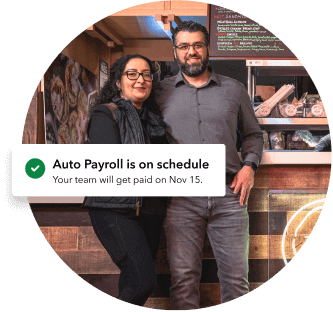The main function of human resources is to take care of employee relations, while the payroll function deals with the financial compensation of those employees and the process by which they get paid. These two departments have distinct responsibilities in an organization, however they do have areas where they overlap.
Recruitment, salary increases, bonus payments, benefit deductions, vacation leave, sick leave and termination are all areas that will require the attention of both payroll and HR. In many situations, the two departments must coordinate together in order to remain efficient.
To learn about the specific distinctions of payroll and HR responsibilities, take a read through the rest of this article.




